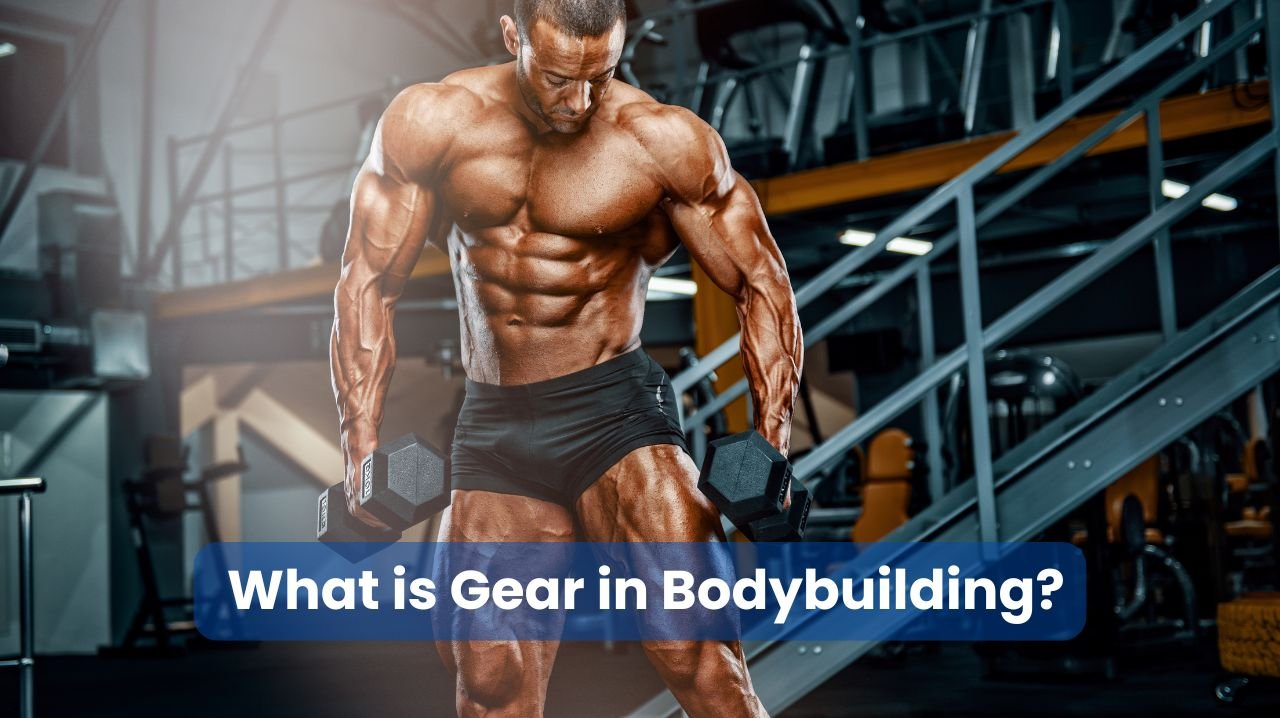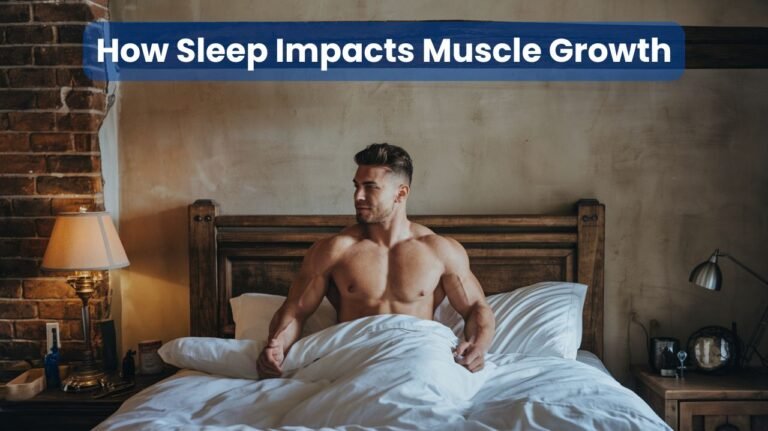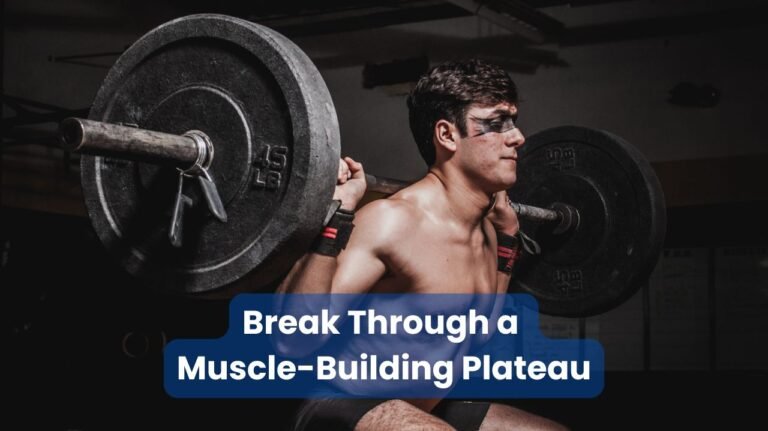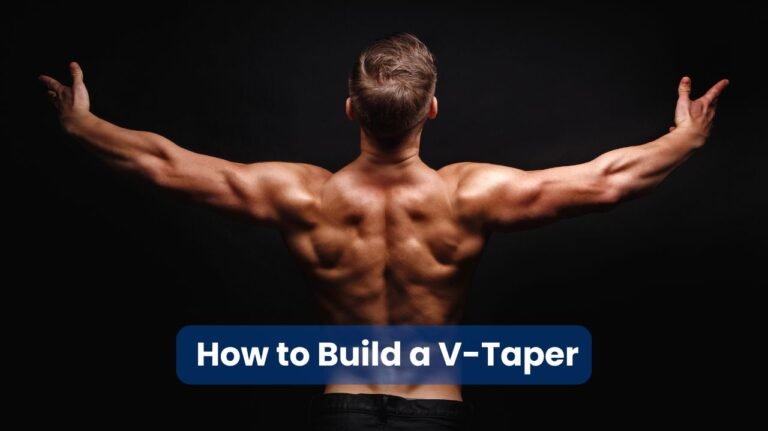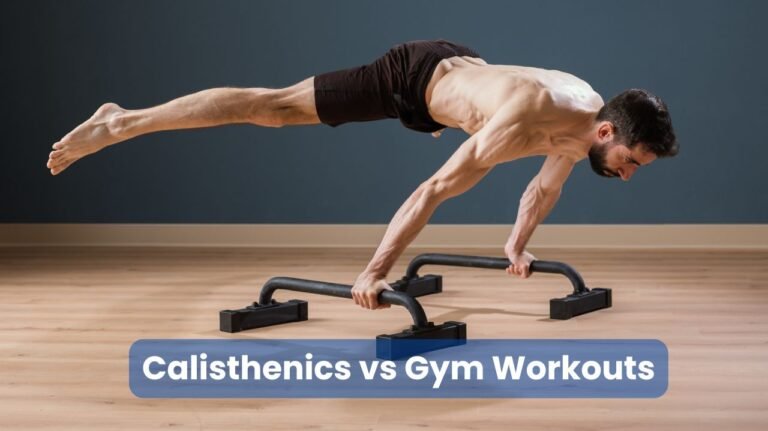What is Gear in Bodybuilding?
In the world of bodybuilding, the term “gear” is often whispered in gym locker rooms and discussed in hushed tones online.
For those new to the fitness scene, it might be confusing to hear about “geared” athletes or “natural” competitions.
This article aims to shed light on what gear means in bodybuilding, its implications, and the broader context surrounding its use.
👉 Pack On Muscle Mass and Get Bigger and Stronger
👉 Burn Fat and Get Seriously Ripped
👉 Get Explosive Strength and Maximum Stamina
👉 Become A Gym Beast With Legal SARMs Alternatives
Defining “Gear” in Bodybuilding
In bodybuilding circles, “gear” is a colloquial term that refers to performance-enhancing drugs (PEDs), particularly anabolic steroids. These substances are used by some athletes to accelerate muscle growth, increase strength, and enhance overall physical performance. While the term “gear” can encompass a wide range of substances, it most commonly refers to anabolic-androgenic steroids (AAS).
Common Types of “Gear” in Bodybuilding
The world of performance-enhancing substances is vast and complex. Some of the most commonly used types of gear in bodybuilding include:
- Testosterone
- Trenbolone
- Dianabol
- Anavar
- Human Growth Hormone (HGH)
- Clenbuterol
- Insulin
Each of these substances has different effects on the body and comes with its own set of potential benefits and risks. It’s important to note that many of these substances are illegal without a prescription and are banned in most competitive sports.
The Appeal of Gear in Bodybuilding
For some bodybuilders, the allure of gear lies in its potential to accelerate results beyond what’s naturally possible. The use of performance-enhancing substances can lead to:
- Rapid muscle growth
- Increased strength
- Enhanced recovery
- Improved endurance
- Reduced body fat
These effects can be particularly appealing in a sport where physical appearance and performance are paramount. However, it’s crucial to understand that these potential benefits come with significant risks and ethical considerations.
The Controversy Surrounding Gear in Bodybuilding
The use of gear in bodybuilding is a highly contentious issue that has sparked debate within the fitness community for decades. There are several aspects to consider when discussing this controversial topic.
Health Risks
One of the primary concerns surrounding the use of gear is the potential health risks. The use of anabolic steroids and other performance-enhancing drugs can lead to various short-term and long-term health problems, including:
- Liver damage
- Cardiovascular issues
- Hormonal imbalances
- Mood swings and aggression
- Acne and hair loss
- Increased risk of certain cancers
It’s important to note that many of these risks are dose-dependent and can be exacerbated by improper use or combining multiple substances.
Legal and Ethical Considerations
The use of gear in bodybuilding also raises significant legal and ethical questions. In many countries, the non-medical use of anabolic steroids is illegal. This puts users at risk of legal consequences and can create a black market for these substances, leading to additional dangers associated with unregulated products.
From an ethical standpoint, the use of gear in competitive bodybuilding is often seen as cheating. Many argue that it creates an unfair advantage and goes against the spirit of fair competition. This has led to the creation of “natural” bodybuilding federations that strictly prohibit the use of performance-enhancing substances.
Impact on the Sport
The prevalence of gear in bodybuilding has had a profound impact on the sport itself. Critics argue that it has led to unrealistic body standards and expectations, potentially encouraging younger athletes to turn to these substances to achieve similar results. On the other hand, proponents might argue that it has pushed the boundaries of human physical potential and contributed to the spectacle of professional bodybuilding.
Natural vs. Enhanced Bodybuilding
The controversy surrounding gear has led to a clear division in the bodybuilding world between “natural” and “enhanced” athletes.
Natural Bodybuilding
Natural bodybuilding refers to the practice of building muscle and improving physique without the use of performance-enhancing drugs. Natural bodybuilders rely solely on:
- Proper nutrition
- Intense training
- Adequate rest and recovery
- Permitted supplements (like protein powders, creatine, etc.)
Natural bodybuilding federations have strict testing protocols to ensure competitors are not using banned substances. While the results may be less dramatic compared to enhanced bodybuilding, many argue that it promotes a healthier and more sustainable approach to the sport.
Enhanced Bodybuilding
Enhanced bodybuilding, on the other hand, involves the use of performance-enhancing substances to achieve more dramatic results. Enhanced bodybuilders often have significantly more muscle mass and lower body fat percentages than their natural counterparts. However, this comes with the associated health risks and ethical concerns mentioned earlier.
Comparing Natural and Enhanced Physiques
To illustrate the differences between natural and enhanced bodybuilding, consider the following table:
| Aspect | Natural Bodybuilding | Enhanced Bodybuilding |
|---|---|---|
| Muscle Mass | Moderate growth within genetic limits | Rapid, dramatic muscle growth |
| Body Fat % | Typically higher, especially during bulking phases | Can maintain extremely low body fat year-round |
| Recovery Time | Longer recovery periods needed between workouts | Faster recovery, allowing for more frequent training |
| Health Risks | Minimal when following proper training and nutrition | Increased risk of various health issues |
| Competition | Separate “natural” federations with drug testing | Mainstream bodybuilding competitions |
The Role of Genetics in Bodybuilding
While the use of gear can significantly impact a bodybuilder’s physique, it’s important to acknowledge the crucial role that genetics play in bodybuilding success. Even with the use of performance-enhancing substances, genetic factors still heavily influence an individual’s potential for muscle growth, fat loss, and overall body composition.
Genetic Factors Affecting Bodybuilding Potential
Several genetic factors can influence a person’s bodybuilding potential:
- Muscle fiber composition (ratio of fast-twitch to slow-twitch fibers)
- Natural hormone levels (testosterone, growth hormone, etc.)
- Bone structure and muscle insertion points
- Metabolism and nutrient partitioning
- Predisposition to certain body types (ectomorph, mesomorph, endomorph)
These genetic factors can significantly impact how an individual responds to training, nutrition, and even the use of performance-enhancing substances.
The Psychological Aspect of Gear Use
The decision to use gear in bodybuilding often comes with significant psychological implications. Many athletes struggle with body image issues and the pressure to achieve a certain physique, which can sometimes lead to the use of performance-enhancing substances.
Body Dysmorphia and Bigorexia
Body dysmorphia, particularly muscle dysmorphia (often called “bigorexia”), is a mental health condition where individuals become obsessed with the idea that they are not muscular enough. This can lead to:
- Excessive workout routines
- Strict and potentially unhealthy diets
- The use of performance-enhancing substances
- Social isolation and relationship problems
- Depression and anxiety
The use of gear can sometimes exacerbate these issues, as it may provide temporary satisfaction but ultimately feed into the cycle of never feeling “big enough” or “lean enough.”
Alternatives to Gear in Bodybuilding
For those looking to improve their physique without resorting to the use of gear, there are numerous effective strategies and techniques available.
Optimizing Natural Bodybuilding
To maximize results in natural bodybuilding, athletes can focus on:
- Progressive overload in training
- Periodization of workout routines
- Proper nutrition and meal timing
- Adequate sleep and stress management
- Use of legal, non-hormonal supplements
Evidence-Based Training Techniques
Research has shown that certain training techniques can be particularly effective for natural bodybuilders:
- Compound exercises for overall muscle growth
- Time under tension for hypertrophy
- Drop sets and supersets for muscle fatigue
- Rest-pause training for strength gains
- Eccentric training for muscle damage and growth
Nutrition for Natural Bodybuilding
Proper nutrition is crucial for natural bodybuilders. Key aspects include:
- Adequate protein intake (typically 1.6-2.2g per kg of body weight)
- Balanced macronutrient ratios
- Calorie cycling for bulking and cutting phases
- Proper hydration
- Strategic use of pre- and post-workout nutrition
The Future of Bodybuilding and Performance Enhancement
As science and technology continue to advance, the landscape of bodybuilding and performance enhancement is likely to evolve. Some potential future developments include:
- More sophisticated drug testing methods
- Development of safer performance-enhancing substances
- Genetic testing to optimize training and nutrition
- Increased focus on health and longevity in bodybuilding
- Virtual and augmented reality training tools
👉 Boost in Focus and Energy to Help Increase Pumps and Performance
👉 Increase Gains, Promote Muscle Growth and Boost Energy
👉 Powerful Muscle Growth, Increased Blood Flow, and Enhanced Pumps
👉 Bulk-Up, Increase Gains, And Improve Recovery
Conclusion
The term “gear” in bodybuilding refers to a complex and controversial aspect of the sport. While the use of performance-enhancing substances can lead to dramatic physical transformations, it comes with significant health risks, ethical concerns, and potential legal consequences. Natural bodybuilding offers a safer and more sustainable approach to the sport, focusing on optimizing training, nutrition, and recovery within the bounds of an individual’s natural potential.
Ultimately, the decision to use gear is a personal one that requires careful consideration of the risks and potential consequences. For those passionate about bodybuilding and fitness, there are numerous ways to achieve impressive results without resorting to performance-enhancing substances. By focusing on proper training techniques, nutrition, and overall health, individuals can build impressive physiques and achieve their fitness goals while maintaining their long-term well-being.

